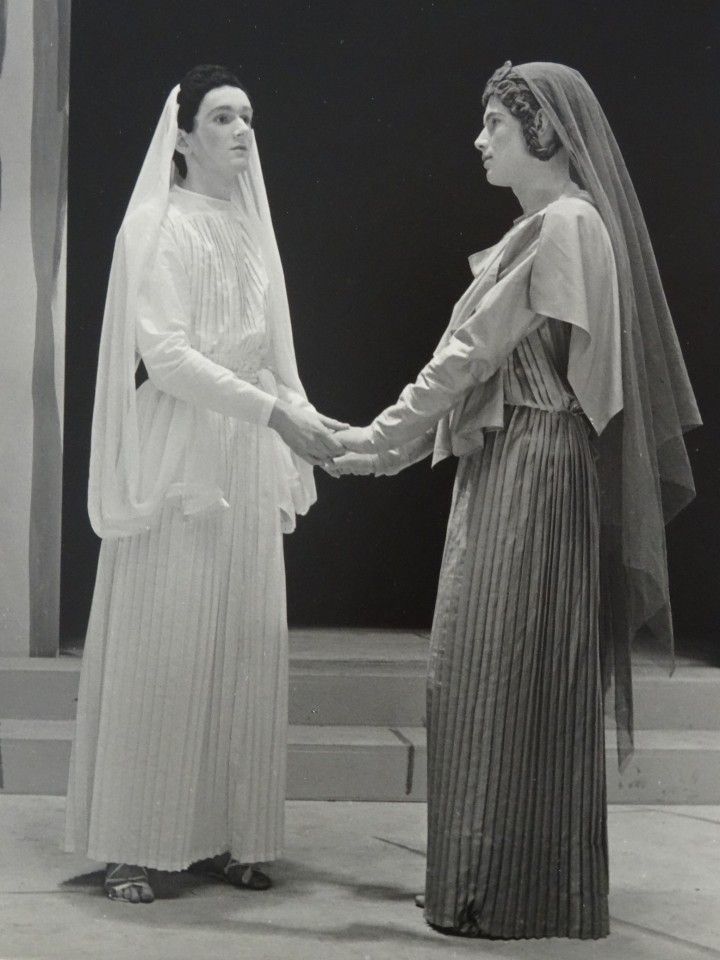
As interest in classical literature continues to grow, the future of Greek tragedy in new translation looks bright. New generations of translators are exploring innovative ways to bring these works into the 21st century while staying true to the emotional and intellectual power of the originals. Whether it’s through collaboration with theatre companies, creative reinterpretations for film, or digital media, the potential for Greek tragedy to thrive in new translations is endless.
In an era marked by global communication and diverse storytelling, these ancient plays continue to find new relevance. By bridging the gap between the past and the present, Greek tragedy in new translation allows the wisdom and catharsis of these classic works to continue inspiring and challenging audiences for generations to come.
Exploring Key Translations of Greek Tragedy
Several translations stand out for their ability to capture the essence of Greek tragedy and present it in a manner that speaks to modern sensibilities. Some of these are:
- Sophocles: The Theban Plays (translated by Robert Fagles) Fagles’ translation of Sophocles’ Oedipus Rex, Antigone, and Oedipus at Colonus is widely considered one of the most accessible and dynamic versions available. His work brings the moral complexity and emotional power of Sophocles’ tragedies to life with striking clarity.
- The Complete Greek Tragedies (translated by David Grene and Richmond Lattimore) This collection, edited by Grene and Lattimore, includes translations of works by Aeschylus, Sophocles, and Euripides. Known for their clarity and straightforwardness, these translations remain some of the most respected in the field.
- Medea and Other Plays (translated by James Morwood) Morwood’s translation of Euripides’ Medea and other plays makes these timeless works more accessible, retaining the poignancy and drama while reflecting the language of contemporary English.
- The Oresteia (translated by Robert Fagles) This trilogy by Aeschylus is brought to life in Fagles’ translation, offering a modern perspective on the ancient cycle of vengeance, justice, and moral choice.
Why New Translations Matter
Greek tragedy in new translation allows the themes of ancient works to remain relevant to today’s readers. The emotional weight of characters like Antigone, Electra, and Clytemnestra still resonates with modern concerns over justice, power, and personal agency. A new translation brings these themes into a context that contemporary readers can understand and appreciate.
Moreover, new translations can revitalize the theatrical experience. Performances of ancient Greek plays are still an important part of the cultural landscape, and having access to new translations helps actors and directors bring these works to life in a way that feels fresh and engaging. The adaptability of these texts allows them to be performed in various ways, from traditional stagings to modern reinterpretations, reflecting the ongoing relevance of Greek tragedy.
making them resonate with contemporary audiences while preserving their emotional and intellectual depth.
allaboutimage.org
it’s amazing how these ancient plays are still so relevant today, and these new translations make them so much more accessible! slotdemomahjong3.com
I love how these new translations keep the timeless power of Greek tragedy alive and relatable for today’s world! slikezadesktop.com
It’s amazing how Greek tragedy keeps evolving with fresh translations, making these timeless stories speak to us in new ways! forestparkca.com
These translations really make the deep emotions and timeless themes of Greek tragedies feel relevant and easy to connect with today. https://bp2mi.com
These new translations make Greek tragedy feel so much more alive and relatable, proving that ancient themes still hit home today! https://caosasuna.com/